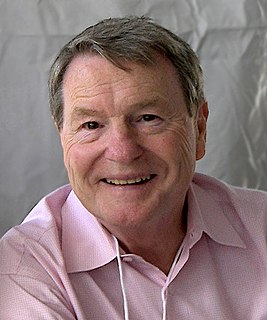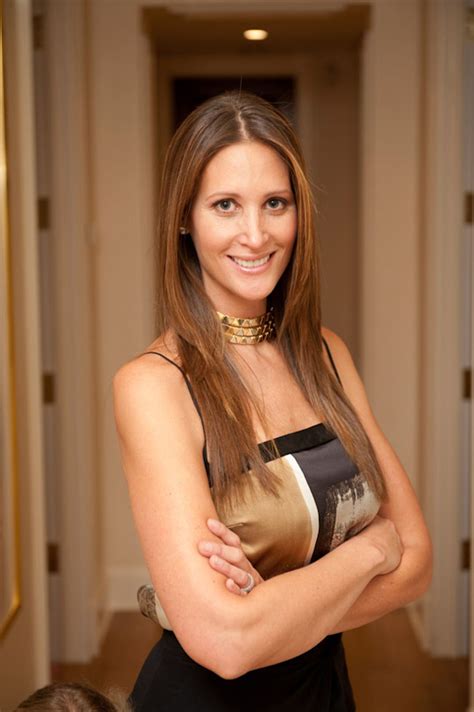A Quote by Anderson Cooper
As long as a journalist shows fairness and honesty in his or her work, their private life shouldn't matter.
Related Quotes
He wants her in his bedroom. And not in that way — no girl has ever been in his bedroom that way. It is his private space, his sanctuary. But he wants Clary there. He wants her to see him, the reality of him, not the image he shows the world. He wants to lie down on the bed with her and have her curl into him. He wants to hold her as she breathes softly through the night; to see her as no one else sees her: vulnerable and asleep. To see her and to be seen.
The dominant and most deep-dyed trait of the journalist is his timorousness. Where the novelist fearlessly plunges into the water of self-exposure, the journalist stands trembling on the shore in his beach robe. The journalist confines himself to the clean, gentlemanly work of exposing the grieves and shames of others.
The only time the private parts of someone's life are relevant is when they're affecting public performance. And just because someone is a public person doesn't mean that any part of his or her private life is open to scrutiny. If someone is doing his or her job, you have to have enough empathy to understand that we all have personal problems.
My first cousin, by the way, on my father's mother side was John Marshall Harlan, who was a Supreme Court justice, as was his grandson. And I think a lot of my fight and my work to struggle for fairness and the techniques of theater and in subject matter probably stems in some way from some sense I have of his issues in life.
Well, I don't know about objectivity, but I know for certain that it's always possible for a professional journalist who understands what he or she's up to to be fair, and that's the key word. Fairness to individuals, fairness to ideas, and to issues and whatever - that is critical, and that is also part and parcel of what the job.
I am an idealist. I often feel I would like to be an artist in an ivory tower. Yet it is imperative that I speak to people, so I must desert that ivory tower. To do this, I am a journalist - a photojournalist. But I am always torn between the attitude of the journalist, who is a recorder of facts, and the artist, who is often necessarily at odds with the facts. My principle concern is for honesty, above all honesty with myself.
He wanted to hear her concerns and alleviate them, he wanted to hold her and kiss her and convince her that he would find a way to make their relationship work, no matter how hard that might be. He wanted to to make her hear his words: that he couldn't imagine a lofe without her,that his feelings for her were real. But most of all, he wanted to reassure himself that she felt the same way about him.
Elizabeth Turnage is a woman of grit and grace who lives into the stories of those who join her in this odd journey of seeking God. She honors the complexity of life without ever losing sight of the simple glory of the cross. Her grasp of the mundane and miraculous and their interplay gives a depth and honesty to her story that tugs at the heart and gives us hope our story can matter. Her book will be a clarion call to bring our broken, holy, troubled, and glorious life to the author of all stories: Jesus.
But the actual touch of her lingered, inside his heart. That remained. In all the years of his life ahead, the long years without her, with never seeing her or hearing from her or knowing anything about her, if she was alive or happy or dead or what, that touch stayed locked within him, sealed in himself, and never went away. That one touch of her hand.
To no man does the earth mean so much as to the soldier. When he presses himself down upon her long and powerfully, when he buries his face and his limbs deep in her from the fear of death by shell-fire, then she is his only friend, his brother, his mother; he stifles his terror and his cries in her silence and her security; she shelters him and releases him for ten seconds to live, to run, ten seconds of life; receives him again and again and often forever.

































